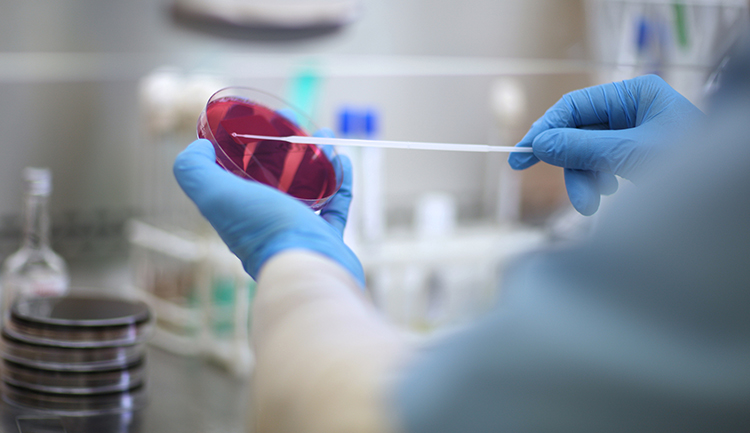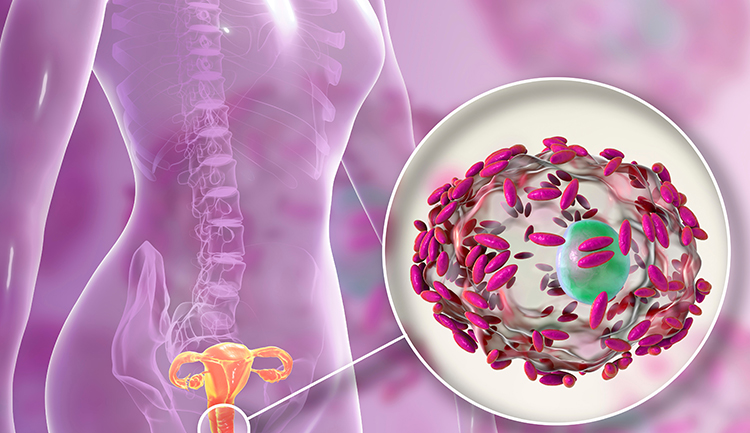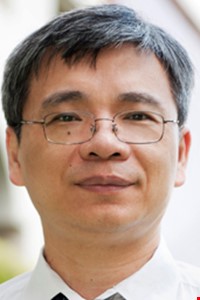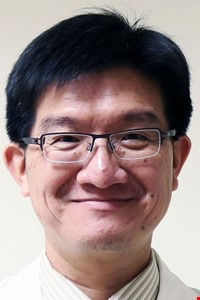Infectious Diseases
Infectious Diseases
Department Introduction
The Department of Infectious Diseases is a younger department in the CMUH. Due to the increasing requirements of development and medical quality control, the CMUH appointed physician Wen-Liang Yu, an outstanding resident physician of Department of Medicine, to have the 2-year infectious disease and infection control training in the Taipei Veterans General Hospital in 1993. After the return of physician Yu in 1995, the CMUH started to organize the Department of Infectious Disease, Infection Control Committee and Infection Control Team.
With the development of CMUH, the requirements of Department of Infectious Disease and the Infection Control grew gradually. Second, because of the outbreak of enterovirus pandemic in the central Taiwan in 1998, the numbers of patients with infectious diseases and the infection specimen are increased substantially. At that time, although the pediatric infection specialist Hsiu-Hui Chiu was recruited from Taiwan National University Hospital, and the pediatrician Hsiao-Chuan Lin was appointed to have pediatric infection trainings offered by the Ping-ing Lee, an associate professor of Taiwan National University Hospital, the manpower of CMUH was still insufficient. Moreover, the microbial laboratory needed to be reorganized. Therefore, the physician Jen-hsien Wang who has profound clinical microbiology background was recruited from Kaohsiung Veterans General Hospital to serve as the chief of Department of Infectious Disease and Department of Clinical Microbiology in 1998 August. Thus, the CMUH established the Department of Infectious Disease officially.
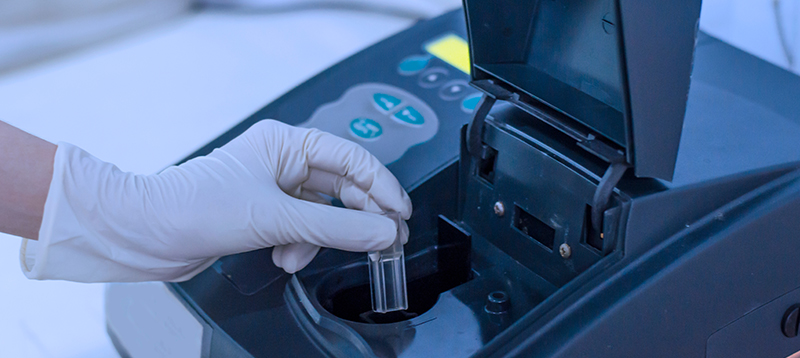
After the establishment of Department of Infectious Disease, the primary objective was to construct the quality of clinical microbiology and antibiotic control in the hospital. Based on the operations by the chief Jen-hsien Wang for a year and after the medical technologist Ni Tien who is microbiology master was recruited from Linkou Chang Gung Memorial Hospital, the development of Department of Clinical Microbiology was significant. In terms of bacteria, the Department diagnosed pathogenic germs of major infectious diseases several times and was praised by the Centers for Disease Control, the 3rd Central Branch and the Health Bureau of Taichung City Government. In terms of virus, the Department was selected to be the contracted virus laboratory of Ministry of Health and Welfare in the central Taiwan in 2000.
The CMUH launched the antibiotic control policy officially on January 4, 1999. The policy stressed on the assistance instead management for clinic physicians, and the drug prescriptions and related matters shall be practiced based on empirical medicine. It became the best management policy of antibiotic control in the central Taiwan, and has operated smooth until now.
In 2003, a serious SARS epidemic broke out in Taiwan. At that time, the Department also received the first SARS death case. All physicians and nurses in the Department of Infectious Disease looked after these patients for 24 days and prevented nosocomial infection. After completing the task, they also organized a voluntary team to support the Taipei Songde Branch for two weeks.
During the SARS epidemic, the Department secured the CMUH system successfully. Based on the outstanding performance, the chief Jen-hsien Wang was promoted to the chief of epidemic prevention in the central Taiwan by the Centers for Disease Control to assist the commander Chang-Hai Tsai to implement the local epidemic prevention. Thus, the 6 counties in the central Taiwan were the domestic areas without nosocomial infection only. The Department and the chief Jen-hsien Wang were praised by each competent authority, and won the golden award of Symbol of National Quality (SNQ) of Institute for Biotechnology and Medicine Industry (IBMI) in 2003.
After constructing the examination quality of clinical microbiology and promoting antibiotic control in the CMUH successfully, the Department of Infectious Disease aimed to expand the business and to cultivate new talents based on the fundament. At present, there are 6 attending physicians and 5 general doctors, accounting for 10 manpower in the Department of Infectious Disease in total. Both the numbers of physicians and patients are the first in the central Taiwan.
The Department aims to clinical-oriented researches now and in the future. The research purpose is to establish clinical indications, and the research method focuses on the epidemiological exploration and clinical drug testing mainly.

